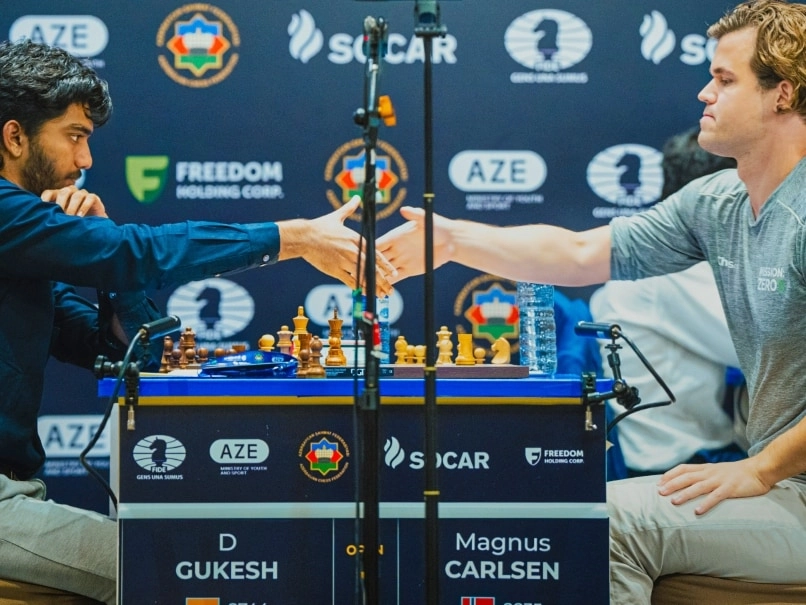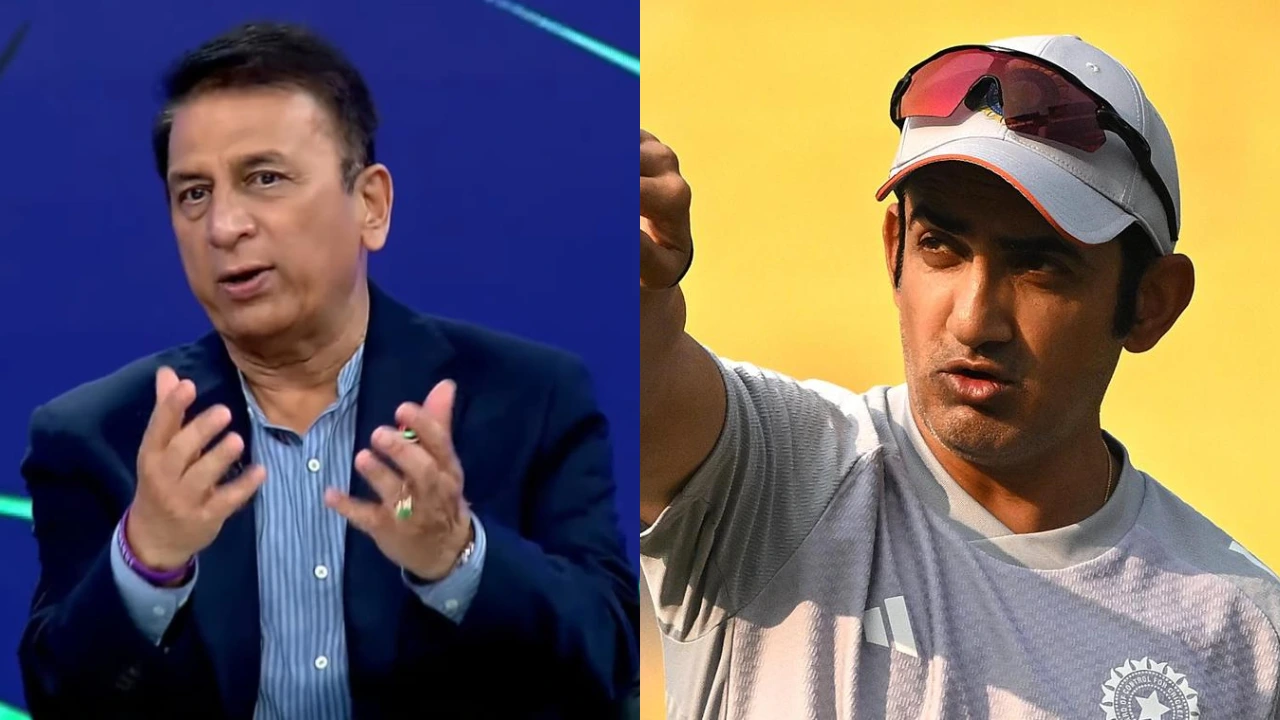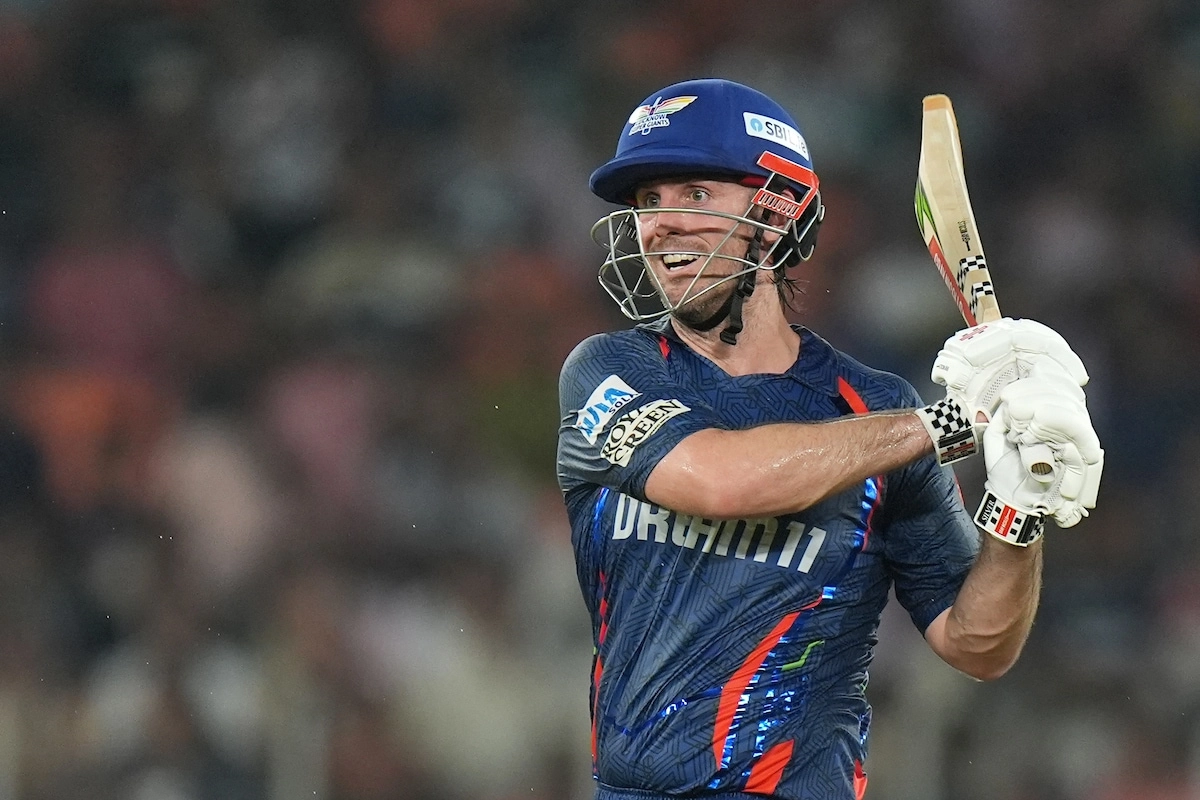In the world of chess, the emergence of young talent often sparks debates about the future of the game and its greatest players. One of the most significant discussions currently is centered around D. Gukesh, who has recently clinched the title of World Champion. This achievement is monumental, especially considering Gukesh’s young age and the immense pressure that comes with competing at such a high level. His victory is a testament to his hard work, dedication, and the innovative strategies he has brought to the board. The chess community is abuzz with excitement, celebrating the dawn of what many hope will be a new era in chess led by this remarkable player.
However, despite Gukesh’s triumph, legendary chess grandmaster Garry Kasparov has weighed in on the conversation, stating that while Gukesh is undeniably a talented player, he considers Magnus Carlsen to be the superior player overall. Carlsen, who has held the title of World Champion for over a decade, has shown consistency and dominance that few can match in the history of chess. Kasparov’s comments invite a deeper analysis of what it means to be the “best” in a sport defined by both momentary victories and long-term achievements. Carlsen’s ability to maintain a high level of performance over many years, coupled with his strategic innovations, sets a benchmark that even champions like Gukesh aspire to reach.
The contrasting perspectives on Gukesh and Carlsen highlight the evolving nature of chess and the different criteria by which greatness can be measured. Gukesh’s championship win signifies not just personal success but also the shifting landscape of competitive chess, where young players are rapidly rising to challenge established norms. However, Carlsen’s legacy and sustained excellence cannot be overlooked. Kasparov’s evaluation serves as a reminder that while new champions emerge, the foundations laid by previous generations continue to influence and shape the game.
As the chess world looks to the future, the dialogue surrounding Gukesh and Carlsen will likely continue to grow, prompting discussions about the nature of greatness, the evolution of strategy, and the role of youth in a game rich with history. For Gukesh, the path ahead is filled with potential, and his journey will be closely watched by fans and analysts alike. Meanwhile, Carlsen’s legacy looms large, serving as both an inspiration and a challenge for the next generation of chess prodigies. In the end, both players contribute to the rich tapestry of chess, each exemplifying different facets of what it means to be a champion in this timeless game.




